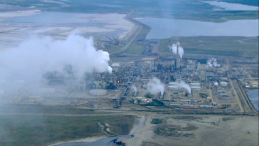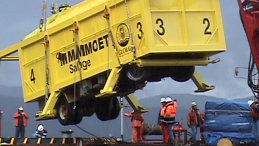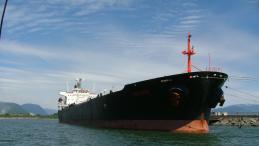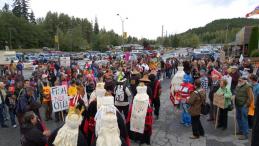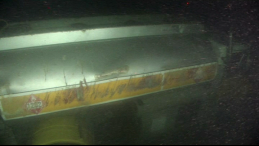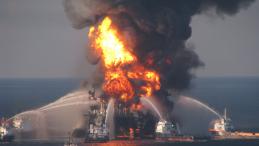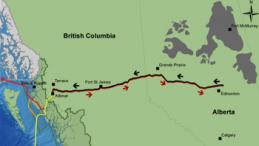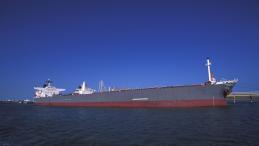British Columbia's oceans, climate and First Nations at risk from Enbridge pipeline review process
VANCOUVER – Living Oceans Society, the Pembina Institute, and ForestEthics are calling on the federal government to significantly strengthen the proposed environmental assessment for the proposed Enbridge Gateway Pipeline. If built, the dual pipelines would extend from the Alberta tar sands to the British Columbia coast, requiring tankers to ship both crude oil to markets in Asia and the US, and condensate, a product used in tar sands production, to Alberta.

